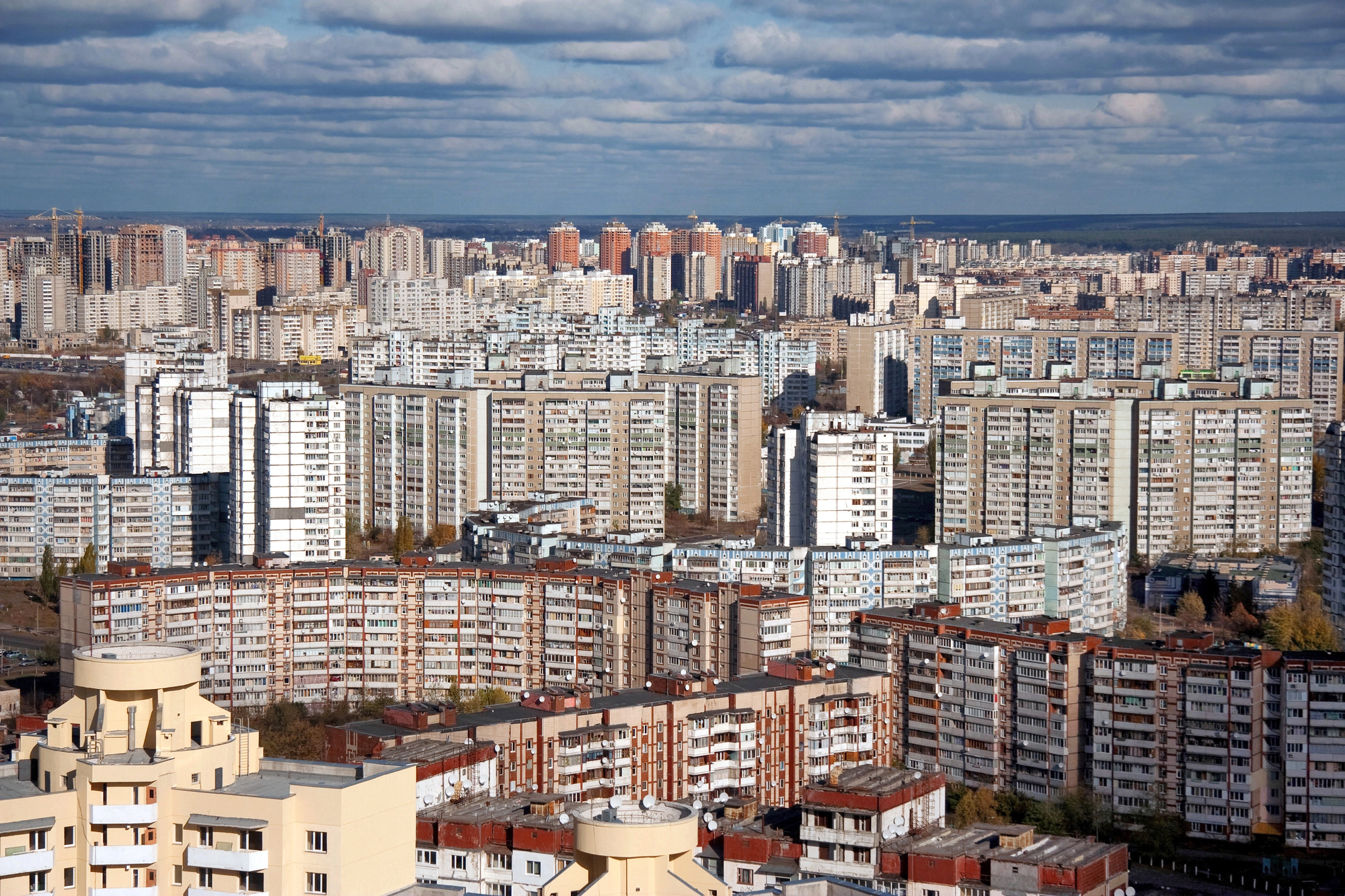President Poroshenko’s first year in office has demonstrated an evolutionary approach to reforms won’t work. It has to be revolutionary.
To judge President Poroshenko’s first year in office, we first need to clarify what we should take as a benchmark and what scope of responsibility we should consider.
The President rightly says that, in accordance with the constitution, he is primarily responsible for security and foreign policy. Russia’s aggression against Ukraine has forced Mr. Poroshenko to devote the lion’s share of his time and energy to these two domains. However, since assuming the status as informal leader of the largest parliamentary faction last November, Mr. Poroshenko has also become responsible for selecting and appointing heads of parliamentary committees, government ministers, fiscal and law enforcement authorities, judges, regional governors, and so on. This means that he, in company with the Prime Minister, should take his fair share of responsibility for managing the economy, battling corruption, breaking up domestic oligarchy, and, ultimately, ensuring the success of structural reforms.
Without a doubt, comparing Mr. Poroshenko with any of the previous Ukrainian presidents casts him in a favorable light. I came to realize Mr. Poroshenko’s true potential back in early 2012 when we met several times ahead of his appointment as economy minister to discuss Ukraine’s economic and investment environment and priority tasks for him in the government. Mr. Poroshenko’s presidential victory in May 2014 clearly boded well for the business climate in our country.
However, Russia’s annexation of Crimea followed by the war in Donbas and Russian economic pressure highly raised the bar of success for the President. What can be done to prevent these challenges having devastating impact on the economy and banking system and the confidence of businesses and the general public? My answer is, roll up your sleeves and charge ahead with sweeping reforms the way Leszek Balcerowicz did in Poland, Vaclav Klaus in the Czech Republic and Mart Laar in Estonia in the early 1990s, Mikulas Dzurinda and Ivan Miklos in Slovakia in the late 1990s, and Mikheil Saakashvili and Kakha Bendukidze in Georgia in the 2000s. In my view, if the current Ukrainian leadership, including the President, are ever to deserve being viewed as reformers on par with the aforementioned leaders, the following eight reforms must show tangible progress in the coming months:
- Combatting corruption. In Mr. Poroshenko’s own words, corruption begins at the top. I fully agree and am confident that since the general population is aware of numerous cases of corruption, both the President and Prime Minister should be well aware, too. And recalling everything that was said, at Maidan and later on campaign trail, about zero tolerance for corruption, numerous officials should already have been punished. The President said it very well last year by quoting Lee Kuan Yew in an address to parliament presenting his nominee for Prosecutor General, Vitaly Yarema: “Start with putting three of your friends to jail. You know why you are jailing them, and they know why.” Unfortunately, the most vivid recollection of Mr. Yarema’s following eight months in office was that of the extortion of businesses continuing unabated. Two of my investments are still putting up with post-revolutionary harassment by state prosecutors.
- Public administration reform. It’s still a path barely trodden, despite the famed Eastern European reformers putting it straight to the government in March last year: cut public agencies’ staff many-fold, hold examinations for the remaining employees and, keeping the original payroll, hike their salaries. This, along with ensuring the principle of irreversibility of punishment for wrongdoing, will reduce the incentive to engage in corruption. In China, the authorities take government bureaucrats on prison tours to show them jailed ex-officials. In Ukraine, we have no one to show — those who were caught taking bribes, got away with it by bribing either prosecutors or judges.
- Judicial and law enforcement reforms. As the late Kakha Bendukidze advised, there can only be one approach to this realm, that of a complete reset. So far, we can only talk about a genuine attempt to reset Kyiv’s traffic police, or some 1,500 people in the 260,000-strong Interior Ministry.
- Nominations for key posts. A number of truly capable appointments aside, the practice of selecting subservient and dependent rather than professional candidates remains widespread.
- Deoligarchization. Business and politics must be separated. A businessman moving into politics must either sell his business or entrust it to an independent manager. I would also apply this rule to television channels and other media.
- Deregulation. Parliament must enact legislation on the regulatory guillotine. Without it, corruption and red tape cannot be eradicated, considering that Ukraine is arguably the most regulated economy globally.
- Privatization. I have no misgivings about selling off state assets and liberalizing the land market. It’s universal knowledge that the state is a poor manager. In Ukraine, over 6 million people were awarded land deeds 15 years ago, and I don’t see why they cannot use them as they wish. I don’t buy the argument that people will sell their land on the cheap — it’s the same as placing a ban on selling private apartments until they become as expensive as London real estate.
- Democratic elections guided by new rules. Ukraine badly needs a new electoral system based on open-list proportional representation as well as legislation on political funding. Parties that make it into parliament or win a percentage of votes above a certain threshold should receive public funding and be subjected to strict reporting rules. This would be instrumental in reducing the political influence of oligarchs and other disreputable sponsors, practice that lies at the heart of Ukrainian corruption. Holding local elections under new rules this fall (which, by the way, is one of the current parliamentary coalition’s public commitments) and giving newly elected mayors and local deputies additional powers in the framework of decentralization is nothing short of crucial.
What if no convincing progress is made on the above points? Well, in that case Ukraine will continue to limp along towards its European dream the way the less successful Balkan states have done, prodded by the stick and carrot of western creditors and governments. The gravest danger is that the very idea of European integration could be discredited as a result. This is exactly what has befallen neighboring Moldova, where popular support for integration with the EU has sunk from 70%, Ukraine’s current level, to below 40%. This, without overstating, would be a catastrophic scenario for Ukraine. And the authorities can still forestall it if they, by following the example of the people at Maidan, finally embark on changing the country by means revolutionary rather than evolutionary.
Attention
The author doesn`t work for, consult to, own shares in or receive funding from any company or organization that would benefit from this article, and have no relevant affiliations



